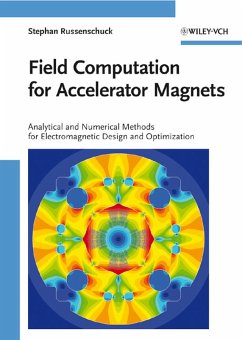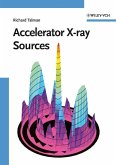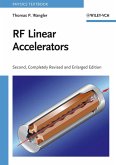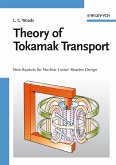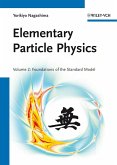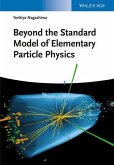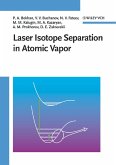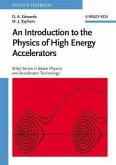Beschleunigermagneten mathematisch modellieren, optimieren, konstruieren: Dieser von einem Spezialisten am CERN verfasste Band, praxisorientiert und thematisch konzentriert, füllt eine Lücke in der Literatur.
Dieser Download kann aus rechtlichen Gründen nur mit Rechnungsadresse in A, B, BG, CY, CZ, D, DK, EW, E, FIN, F, GR, HR, H, IRL, I, LT, L, LR, M, NL, PL, P, R, S, SLO, SK ausgeliefert werden.

